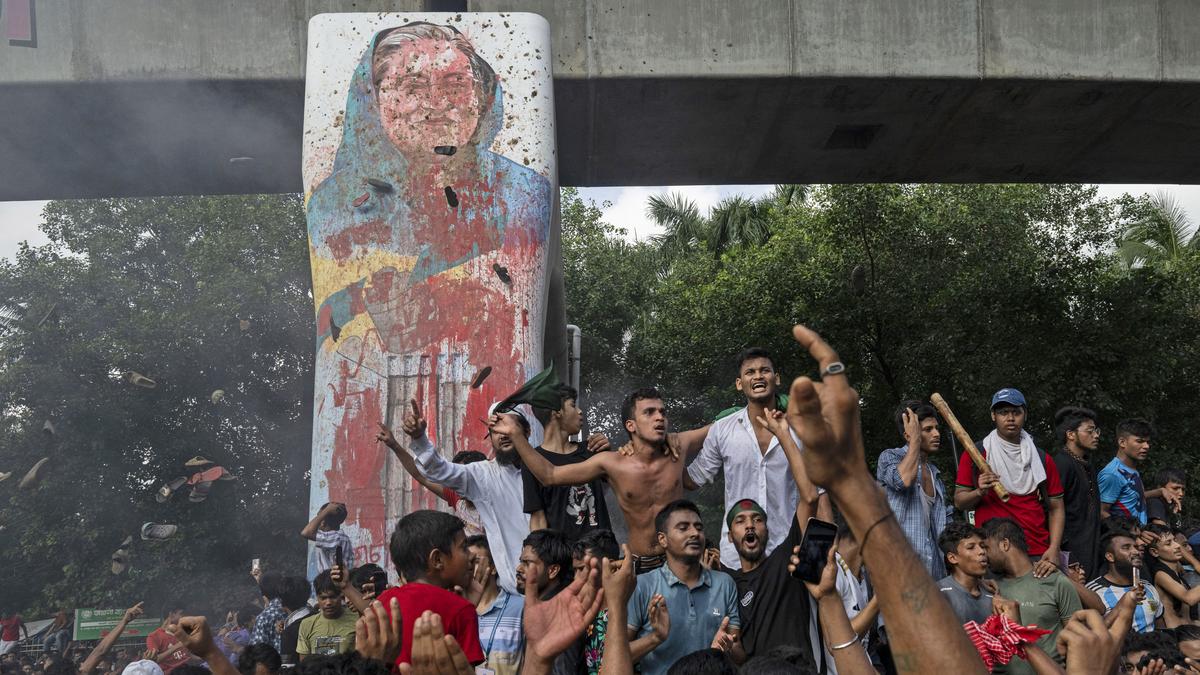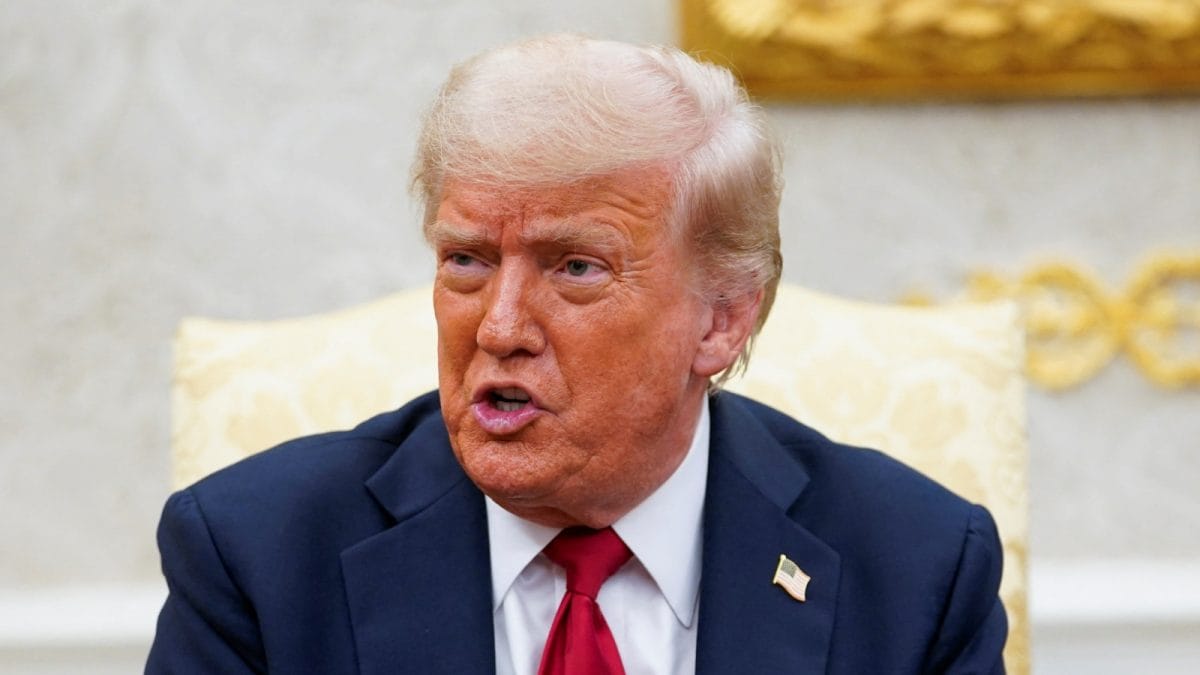ARTICLE AD BOX
The Supreme Court Monday questioned the Uttar Pradesh Government over its Ordinance setting up a trust to manage the Banke Bihari Temple in Vrindavan, and indicated it would hand over the administration of the religious place to a committee headed by a retired judge.
In November 2023, the Allahabad High Court allowed the state to develop a corridor around the holy shrine to enhance facilities for pilgrims, but restrained it from using money from the bank account of the deity for this.
On May 15, 2025, in the course of hearing a matter related to the administration and safety of temples in the Braj region, the SC allowed an interlocutory application filed by the state. The top court also allowed the state government to use the temple funds for buying 5 acres of land around it for the corridor project, but directed that the land proposed to be purchased for this “shall be in the name of the deity/ (temple) trust.”
On May 26, the state brought out the Uttar Pradesh Sri Banke Bihari Ji Mandir Nyas Ordinance, 2025, setting up a trust for managing the affairs of the shrine.
While presiding over a two-judge bench Monday, Justice Surya Kant asked Additional Solicitor General K M Nataraj, who appeared for the state, “What was the tearing hurry for the Ordinance?”.
While hearing pleas challenging the May 15 order and the Ordinance, the bench, also comprising Justice Joymalya Bagchi, wondered how that order could have come on an interlocutory application when those managing it currently were not party to the hearing. “How do you justify the Court’s direction when they were not a party?” Justice Kant asked.
Nataraj said Banke Bihari was a public temple, and those who had challenged the ordinance and the May 15 order have no locus standi as they are not part of its management. “These parties are not the management committee. So many people claim, but no recognised management committee is there. These are all unauthorised people,” said ASG Nataraj.
Story continues below this ad
Senior Advocate Shyam Divan, appearing for the petitioners, countered and said, “There is a management.”
‘Not a case of no man’s land’
The court pointed out that the matter which led to the May 15 order was not about the Banke Bihari Temple, and “a public notice could have been issued…”.
“Was there any Court-appointed receiver?. It was not a case of no man’s land. Someone had to be heard on behalf of the temple. If the civil judge was monitoring, the civil judge could have been issued notice… Some public notice should have been issued by this Court… that on account of the pending dispute between the warring groups…this is what we are proposing…” said Justice Kant.
“Temple funds will have to be utilised for pilgrims, can’t be pocketed by private persons. If the state wanted to carry out any development, what prevented it from doing so as per the law? Whether land is private or not, that issue can be adjudicated by a court. The state is coming in a clandestine manner, not allowing them to be heard. We don’t expect this… The state should have informed them, in all fairness,” Justice Kant added.
Story continues below this ad
Pointing out that “providing basic amenities is the state’s responsibility”, Justice Kant cited the development of the area around the Golden Temple in Amritsar. “I have said before also, good initiative taken by the state for the area in and around the Golden Temple…that kind of initiative can be there, instead of using legislative power, etc,” said Justice Kant.
“We propose this. Part of the (May 15) judgment, we will keep in abeyance (and), we will have a former high court judge or a senior retired district judge to be management trustee…” the judge added.
Justice Kant said the court will nominate the judge for the management committee, and that the collector and other developing authorities will be part of it. He added that the family will continue to perform the rituals at the Banke Bihari Temple.
The court also told the petitioners that they should challenge the constitutional validity of the Ordinance before the Allahabad High Court.
Story continues below this ad
Justice Kant said the court will ask the former HC-judge-led committee to see how there can be a better management plan for all temples in the area. “Religious tourism is nowadays one potential source of revenue… When tourists come, look at hotels, restaurants, tea shops… We should encourage good management. Places like Shirdi, Tirupati, all possible facilities are coming there because there are so many religious tourists,” he pointed out.
The court also added that it can involve the Archaeological Survey of India (ASI), too, in the plan for the holistic development of the area.



.png)
.png)
.png)


























 English (US) ·
English (US) ·